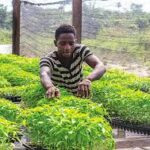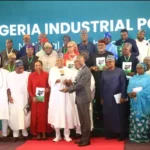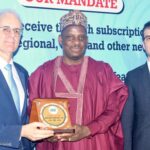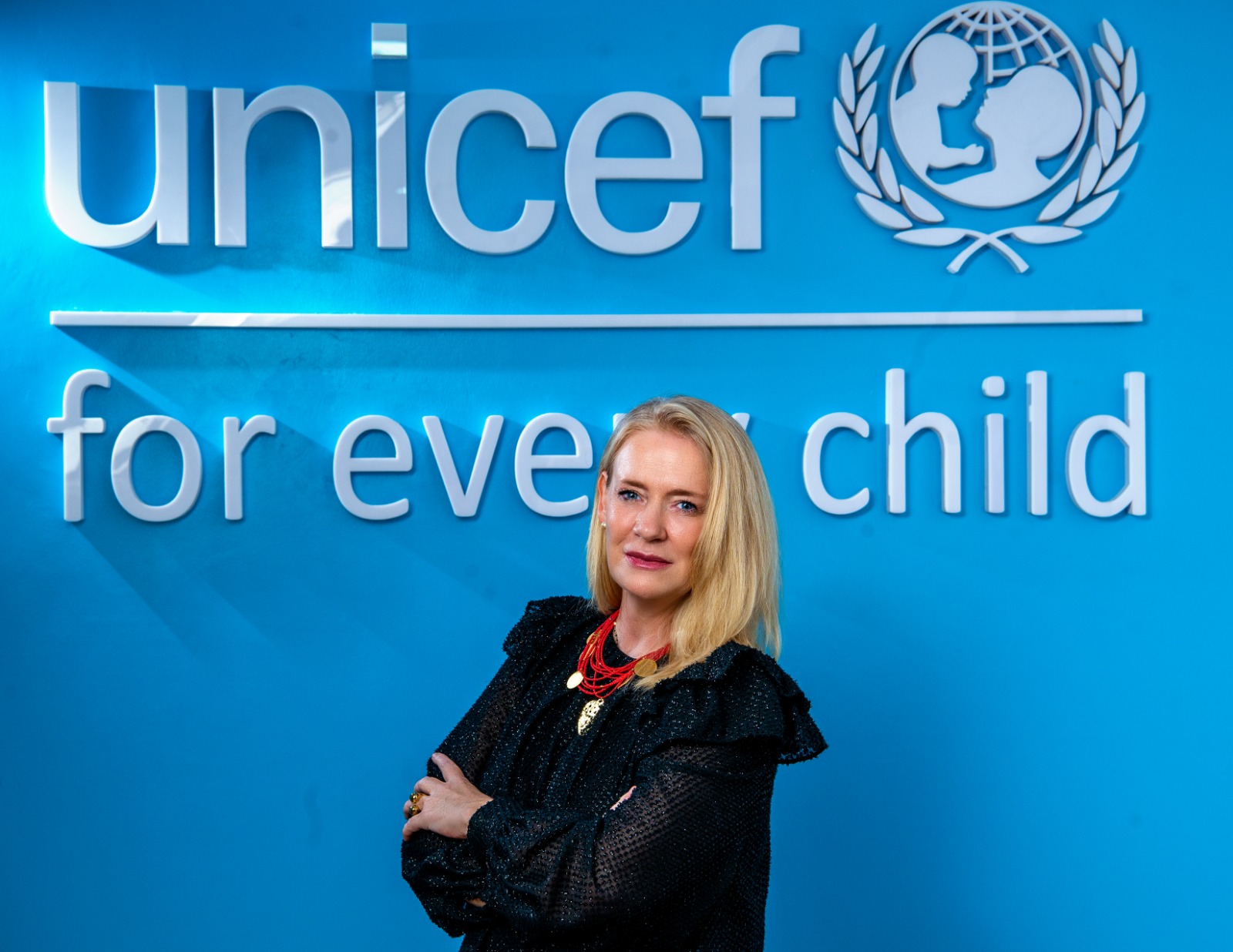Violation
By Segun Giwa/Millicent Ifeanyichukwu
The United Nations Children’s Fund (UNICEF) says Female Genital Mutilation (FGM) is a harmful violation of girls’ and women’s rights.
The Chief of UNICEF, Lagos Field Office, Celine Lafoucriere said this at a two-day Media Dialogue to Support Advocacy to End FGM in Nigeria on Wednesday in Benin.
The News Agency of Nigeria (NAN) reports that the workshop was organised by UNICEF in collaboration with the Oyo State Ministry of Information and Orientation.
According to Lafoucriere, nearly 20 million women and girls in Nigeria had undergone FGM, ranking third highest globally.
“This is a huge number that we cannot be blind or deaf to,” she said.
Lafoucriere said that despite being outlawed in Nigeria, FGM persists in numerous Nigerian communities, adding that the practice is fuelled by myths and traditions and should be acknowledged as detrimental
She emphasised that no cultural or traditional practice should compromise girls’ health, rights, or future prospects.
Lafoucriere noted, however, that collaborative efforts with stakeholders are driving a shift in the narrative
“The good news is that change is possible, and change is happening through collaborations and initiatives like the Movement for Good, which is led by the federal government of Nigeria in collaboration with UNICEF.
“Millions of Nigerian girls , boys, men, women, aunties, uncles have pledged to protect girls from being cut. Communities are speaking out.
“Survivors, very crucially, are leading the way, and young people are demanding a better future. And this is where the media comes in.
Lafoucriere urged media practitioners to use their platforms to tell stories that would spark the needed change.
“This is where you have the power to shape narratives, to amplify survivors’ voices, and to challenge harmful practices to inspire families to choose differently for their daughters.
“Use your reach; use your platforms and your creativity to ensure that every single girl in Nigeria grows up free of female genital mutilation, free of that fear, free of that harmful possibility.
“Together, we can build a better future for every single girl in Nigeria, a safer future for every single girl in Nigeria. And every girl needs to be free to thrive, to survive, but also to thrive,” she said.
In her remarks, UNICEF Communication Officer, Lagos Field Office, Blessing Ejiofor noted that the workshop aims to ensure advocacy that would reach every nook and cranny in an effort to end the FGM practice in the country.
Ejiofor noted that while campaigns have led to a decline in FGM, the advocacy efforts aim for complete elimination.
The UNICEF communication specialist, who declared that no woman should undergo the harmful process of FGM, revealed that it was now a criminal offense in Nigeria to engage in it.
Ejiofor urged the media to use their medium to drive the advocacy in ending the practice.
In his remarks, the Permanent Secretary, Oyo State Ministry of Information, Mr Rotimi Babalola said the workshop reflected the state government’s commitment to any issue related to children.
Babalola said the media advocacy was important, having done similar advocacy programs with security agencies and the judiciary for everyone to know their roles in the advocacy.
“We still have a lot of work to do; we have done several advocacy programs; it’s now the turn of the media.
“We have a lot of work to do on this campaign. Most of us have been in this campaign. We need extra efforts to totally eliminate FGM,” he said.
Babalola called on the media to sustain their collaboration in efforts to eliminate FGM nationwide.
(NAN)(www.nannews.ng)
Edited by Victor Adeoti and Yetunde Fatungase











